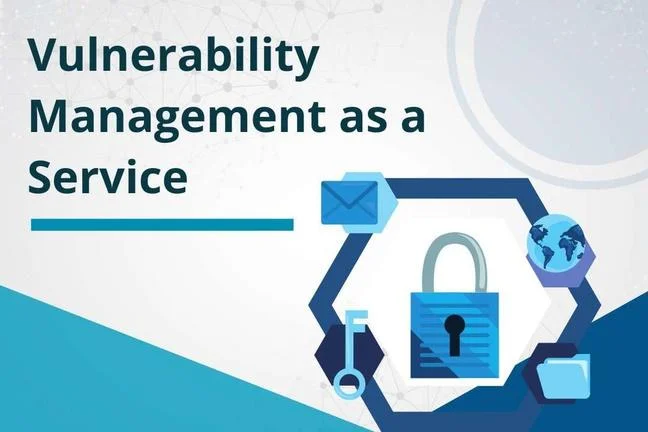Description
Introduction
This course provides a comprehensive approach to managing cybersecurity incidents and mitigating threats. Participants will gain insights into building resilient incident response frameworks, identifying potential threats, and leveraging advanced tools to safeguard digital assets. The course also emphasizes real-world scenarios and hands-on practices for effective incident management.
Prerequisites
- Basic Knowledge of Cybersecurity: Familiarity with common cybersecurity threats and defense mechanisms.
- Understanding of IT Systems: Experience in managing IT networks, systems, or applications.
- Optional Experience: Exposure to cybersecurity tools such as firewalls, SIEMs, or antivirus solutions.
Table of Contents
1. Fundamentals of Incident Response and Threat Management
1.1. Importance of Incident Response in Cybersecurity
1.2. Types of Cyber Threats: Malware, Phishing, Ransomware
1.3. Threat Lifecycle and Detection
2. Building an Incident Response Framework
2.1. Key Components of an Incident Response Plan (IRP)
2.2. Creating and Managing Incident Response Teams
2.3. Incident Response Policies and Playbooks
3. Threat Intelligence and Threat Hunting
3.1. Collecting and Analyzing Threat Intelligence
3.2. Proactive Threat Hunting Techniques
3.3. Tools for Threat Analysis (e.g., MISP, STIX/TAXII)
4. Incident Detection and Monitoring
4.1. Leveraging Security Information and Event Management (SIEM) Systems
4.2. Identifying Indicators of Compromise (IoCs)
4.3. Monitoring Network and Endpoint Activities
5. Incident Containment and Mitigation
5.1. Isolation Techniques for Affected Systems
5.2. Mitigating Ongoing Attacks (e.g., DDoS, Data Breach)
5.3. Communication Strategies During an Incident
6. Forensic Analysis and Evidence Collection
6.1. Introduction to Digital Forensics
6.2. Tools for Forensic Investigation (FTK, EnCase)
6.3. Preserving Evidence for Legal and Compliance Needs
7. Post-Incident Recovery and Reporting
7.1. Restoring Systems and Validating Integrity
7.2. Creating Incident Reports and Lessons Learned
7.3. Continuous Improvement of Response Plans
8. Advanced Threat Management Techniques
8.1. Automating Threat Management with SOAR Platforms
8.2. Using AI and Machine Learning for Threat Prediction
8.3. Multi-Layer Defense Strategies
9. Regulatory Compliance and Incident Management
9.1. Understanding Legal Requirements (GDPR, HIPAA, CCPA)
9.2. Aligning Incident Response with Regulatory Standards
9.3. Documentation and Audit Readiness
10. Case Studies and Real-World Applications
10.1. Analysis of Major Cyber Incidents
10.2. Best Practices from Industry Leaders
10.3. Simulated Incident Response Exercises
Conclusion
This course equips participants with the skills to manage and mitigate cybersecurity incidents effectively. By mastering threat intelligence, incident response frameworks, and recovery techniques, learners will be well-prepared to enhance organizational resilience and reduce risk in an increasingly complex cyber landscape.







Reviews
There are no reviews yet.